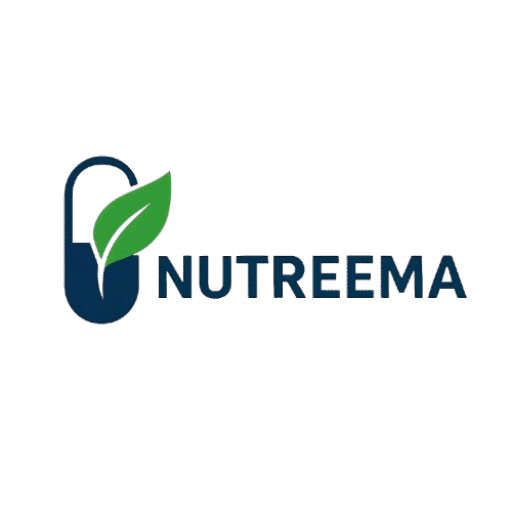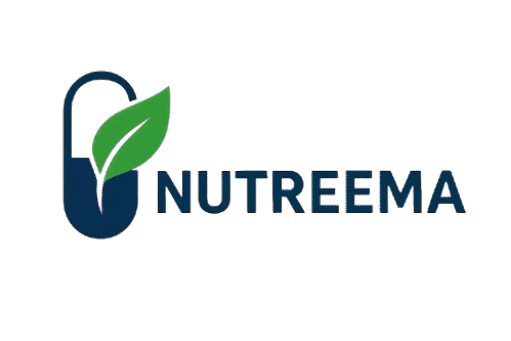Omega-3 fatty acids have long been hailed as heart-healthy nutrients, but with conflicting headlines, many wonder: Do they actually protect your heart, or is their benefit overhyped? This evidence-based guide examines how omega-3s work, who benefits most, and the best sources for cardiovascular support.
Omega-3s and Heart Health: Key Benefits
1. Reduces Triglycerides (20–30% Lowering Effect)
-
High triglycerides are a major risk factor for heart disease.
-
EPA and DHA (from fish/algae oil) significantly lower levels (American Heart Association).
-
Dose: 2–4g daily of combined EPA+DHA for therapeutic effects.
2. Lowers Blood Pressure (Modest but Significant Impact)
-
A Journal of Hypertension meta-analysis found:
-
~4–5 mmHg reduction in systolic BP (top number).
-
Strongest effects in hypertensive or older adults.
-
3. May Stabilize Plaque & Reduce Arrhythmias
-
Omega-3s help prevent dangerous plaque rupture (a cause of heart attacks).
-
Anti-arrhythmic effects: Reduces risk of sudden cardiac death (New England Journal of Medicine).
4. Fights Inflammation (Key Driver of Heart Disease)
-
Chronic inflammation damages blood vessels.
-
Omega-3s lower CRP (a key inflammatory marker).
Does the Type of Omega-3 Matter?
| Type | Source | Heart Benefits |
|---|---|---|
| EPA + DHA | Fatty fish, algae oil | Best for triglycerides, inflammation |
| ALA | Flaxseeds, walnuts | Weak conversion to EPA/DHA (<10%) |
👉 For heart health, prioritize EPA/DHA (not ALA).
Who Benefits Most from Omega-3s?
✅ Strong Evidence For:
-
High triglycerides (especially >150 mg/dL).
-
History of heart disease (reduces secondary events).
-
Hypertension or metabolic syndrome.
❌ Limited Evidence For:
-
Low-risk individuals with normal lipids/BP (may not need supplements).
Best Omega-3 Sources
1. Fatty Fish (Top Food Source)
-
Wild salmon, mackerel, sardines (1–2 servings/week = ~500mg EPA+DHA daily).
2. Algae Oil (Vegan DHA/EPA)
-
Comparable to fish oil but free of heavy metals.
3. High-Quality Supplements
-
Look for:
-
1,000+ mg EPA+DHA per serving.
-
Triglyceride form (better absorbed than ethyl esters).
-
IFOS-certified (tests for purity/potency).
-
Top Brands: Nordic Naturals, Viva Naturals, Sports Research.
Potential Risks & Considerations
1. Blood Thinning (Mild Effect)
-
High doses (>3g/day) may increase bleeding risk (consult a doctor if on blood thinners).
2. Oxidation (Rancidity)
-
Signs: Fishy burps, foul smell.
-
Prevent by: Choosing enteric-coated capsules or refrigerating liquid oils.
3. Contaminants in Low-Quality Fish Oil
-
Avoid: Brands that don’t test for PCBs, mercury, dioxins.
Omega-3s vs. Statins: Can They Replace Medication?
-
No. Omega-3s complement (but don’t replace) statins for LDL control.
-
Exception: Icosapent ethyl (Vascepa), a prescription EPA-only omega-3, is FDA-approved to reduce cardiovascular events in high-risk patients.
Practical Recommendations
For General Heart Health:
-
Eat fatty fish 2x/week + consider 500–1,000mg EPA+DHA daily.
For High Triglycerides:
-
2–4g EPA+DHA daily (under doctor supervision).
Vegans/Vegetarians:
-
Algae oil (250–500mg DHA/EPA daily).
The Bottom Line
Omega-3s are proven to support heart health—especially for those with high triglycerides, inflammation, or existing heart disease. However, they’re not a magic pill; benefits are strongest when combined with a Mediterranean diet, exercise, and smoking cessation.


